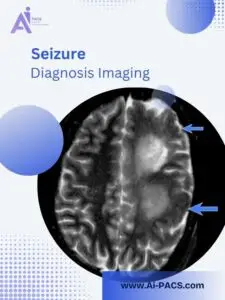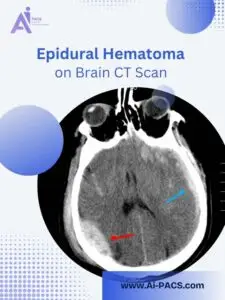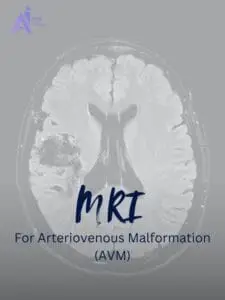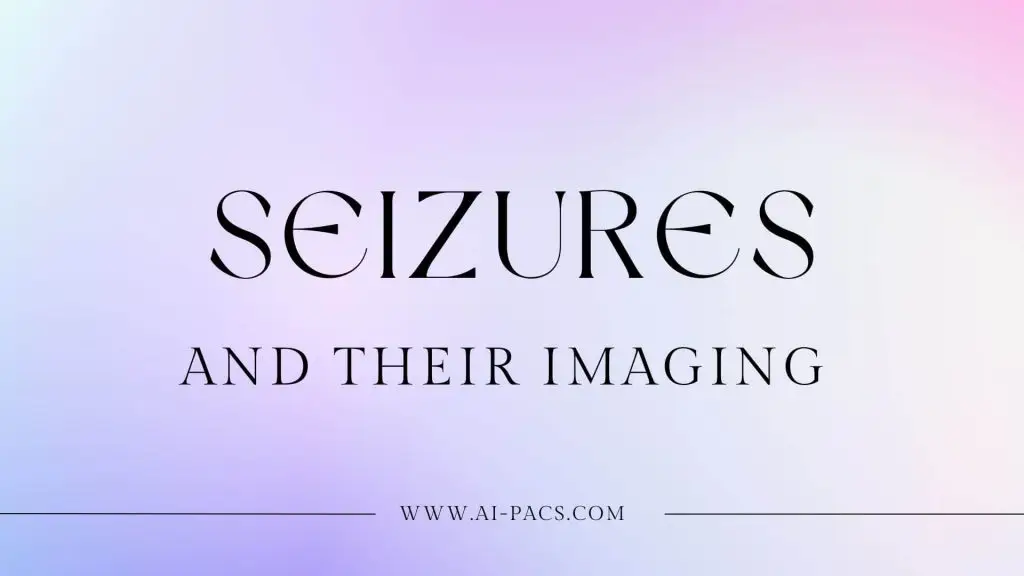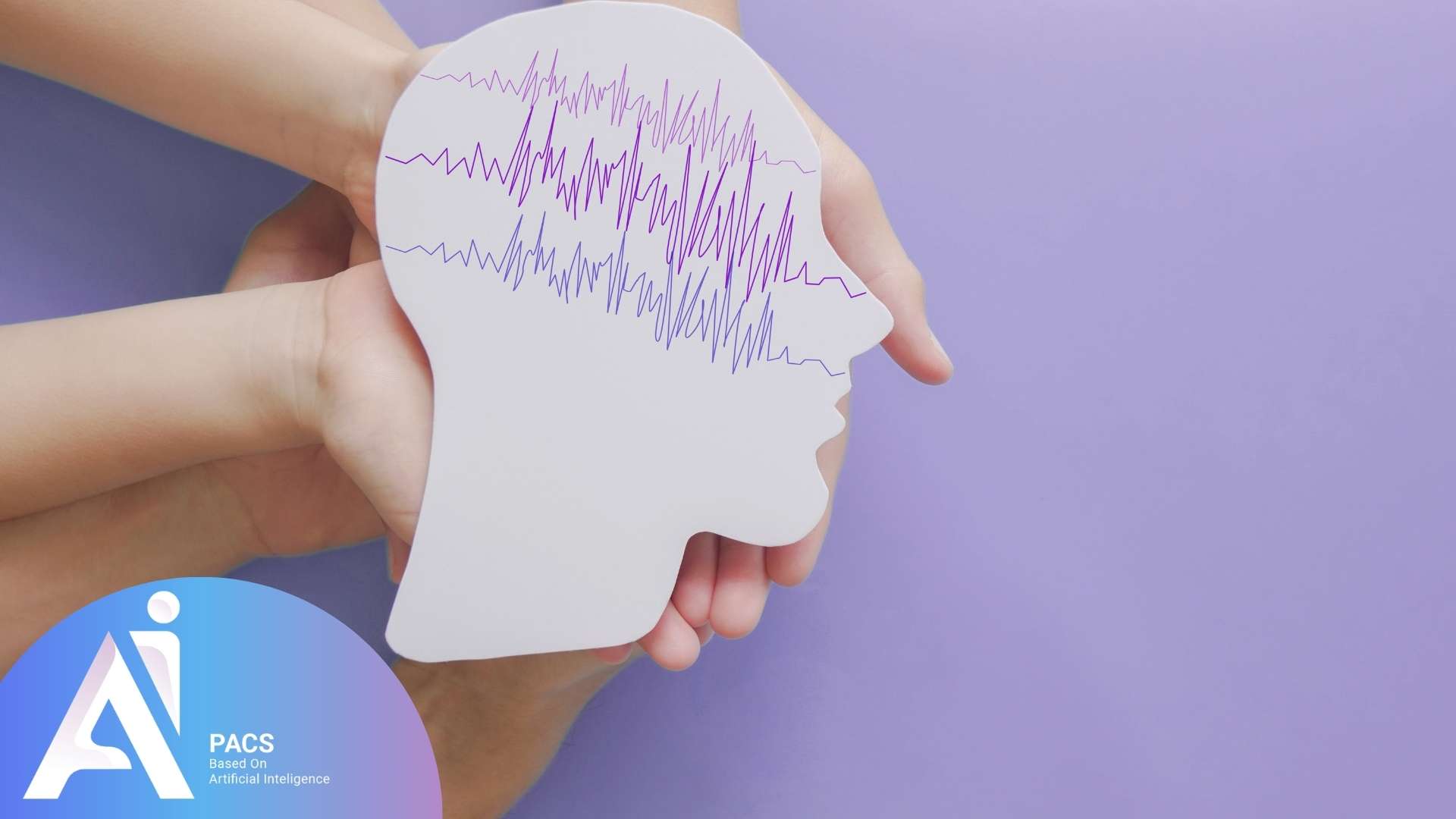
Why Seizures Imaging Is Important
Imaging plays a crucial role in diagnosing and managing seizures, as it helps uncover the underlying cause. Seizures can arise from various brain disorders, including structural abnormalities, tumors, infections, vascular malformations, and epilepsy. Understanding whether a seizure is generalized or focal can significantly affect treatment plans.
- Generalized Seizures: These affect both sides of the brain, often presenting as full-body convulsions or loss of consciousness. Imaging is typically used to rule out secondary causes like brain lesions or tumors. Although imaging for first-time generalized seizures is less common unless a serious cause is suspected, it becomes essential for ongoing cases or those with abnormal MRI or CT findings.
- Focal Seizures: These originate in a specific part of the brain and may present as localized twitching, unusual sensations, or altered awareness. They can sometimes be more challenging to diagnose because the symptoms may be less dramatic or noticeable. This makes them particularly important for imaging, as identifying the focal point of the seizure can help determine the cause and best course of treatment.
Without proper imaging, seizures may be misdiagnosed or their root cause overlooked, leading to ineffective treatment.
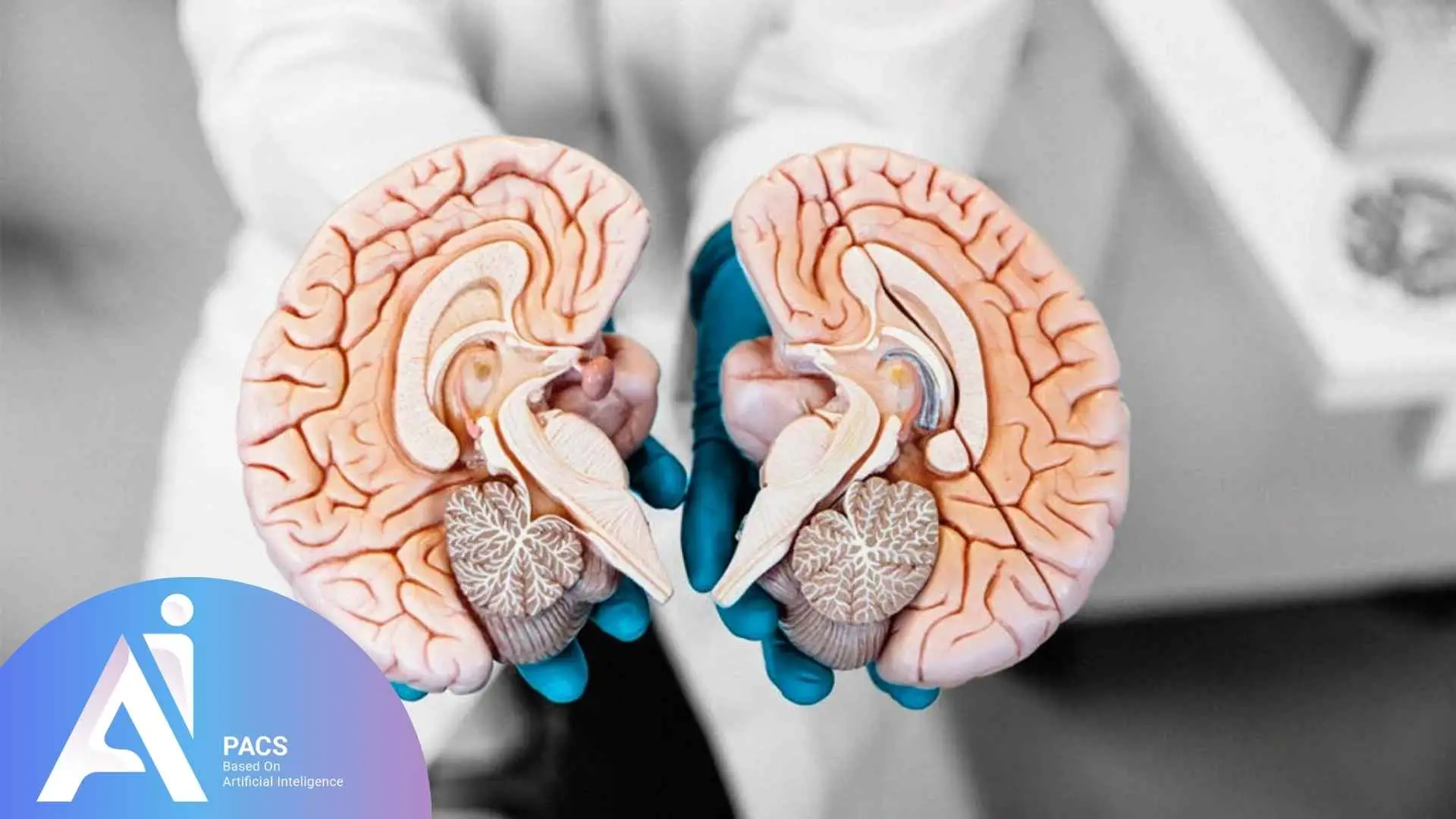
When Should Medical Imaging Be Used for Seizure Diagnosis?
The timing of imaging depends on the patient’s symptoms and medical history. Here’s when imaging should be performed:
After the First Seizure: If a patient experiences their first seizure, imaging (especially MRI) is recommended to rule out underlying structural abnormalities.
Unusual or Prolonged Seizures: If seizures last longer than usual (status epilepticus) or present atypically, urgent imaging is necessary.
Focal Seizures with Unclear Symptoms: Since focal seizures may be subtle (e.g., strange sensations, repetitive movements), imaging helps confirm the diagnosis.
Recurrent Seizures Without a Known Cause: If a patient has multiple seizures without an identified trigger, imaging can uncover hidden brain abnormalities.
Failure to Respond to Medication: When medications do not control seizures, imaging is used to assess potential treatment-resistant epilepsy.
MRI is typically the preferred modality, offering detailed brain imaging. However, a CT scan may quickly identify significant abnormalities like bleeding or tumors in emergencies.
Who Needs Imaging and an Expert Consultation?
Certain patients are more likely to benefit from imaging and expert evaluation:
Patients with New-Onset Seizures: Especially in adults, a first-time seizure often warrants imaging to exclude serious conditions.
Those with Complex or Atypical Symptoms: Seizures that do not involve convulsions (e.g., brief confusion, visual disturbances, or sensory changes) may require imaging for accurate diagnosis.
Individuals with a History of Brain Injury or Stroke: Prior neurological conditions increase the risk of seizure activity.
Children with Developmental Delays and Seizures: Imaging helps identify congenital brain abnormalities.
Patients Seeking a Second Opinion: If there is uncertainty about a diagnosis, treatment options, or imaging findings, expert consultation can provide clarity.
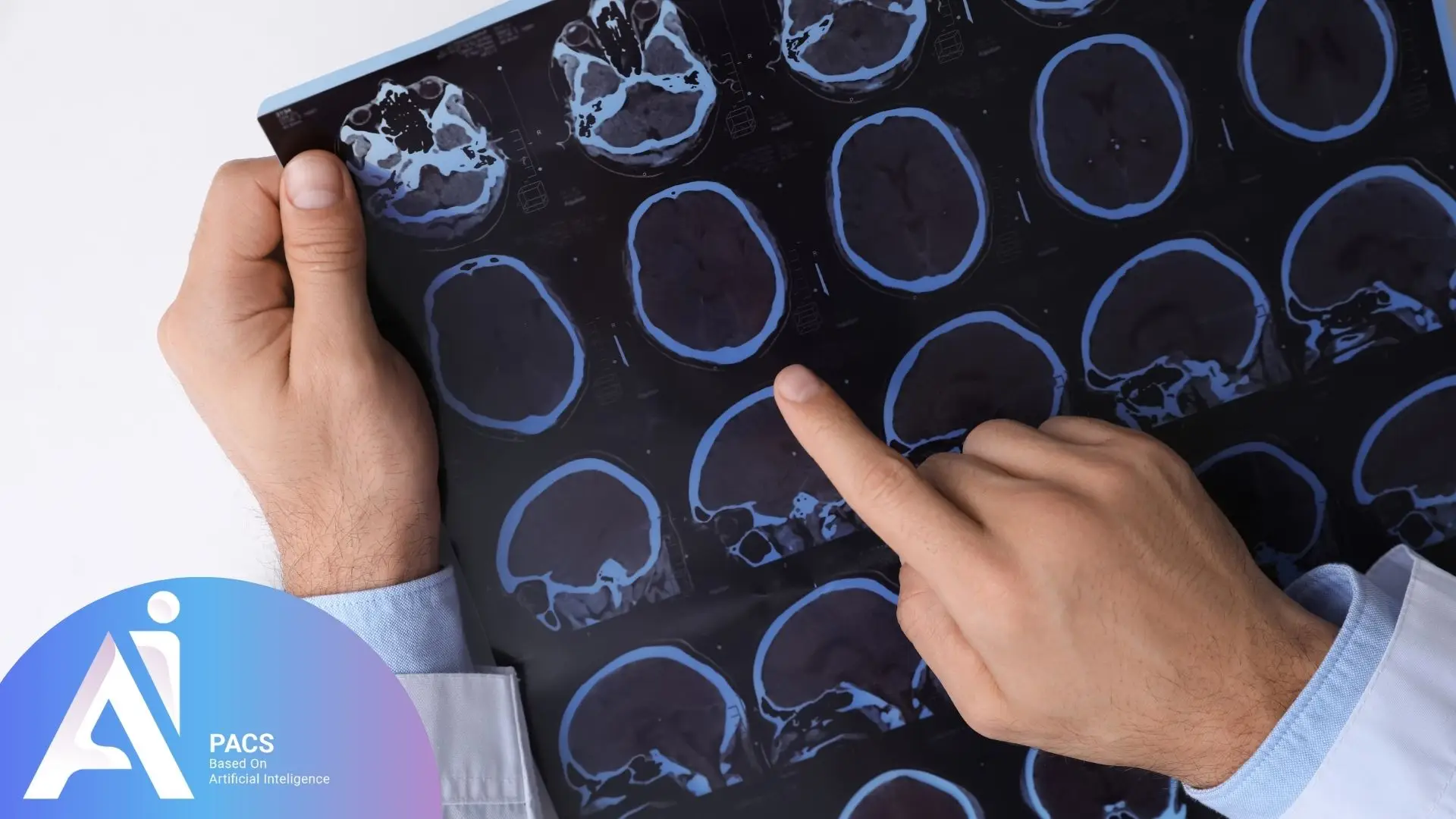
Get a Second Opinion on Your Imaging
Since seizure imaging can be complex, a second opinion from a neuroradiology expert is invaluable. AI-PACS offers professional imaging reviews and second opinions, helping patients and physicians make informed decisions about seizure diagnosis and treatment.
If you, a family member, or someone in your care requires a professional interpretation of an MRI or CT scan for seizures, our expert consultants are available to provide accurate interpretation and guidance.
Conclusion
Seizures, whether generalized or focal, require an accurate diagnosis for effective management. Medical imaging is crucial in detecting underlying causes, guiding treatment, and determining the best action. If you need a second opinion on your imaging results, consulting experts through AI-PACS can provide peace of mind and better healthcare decisions.
References:
